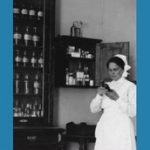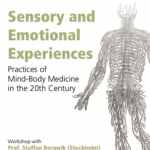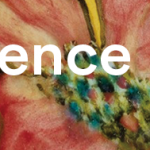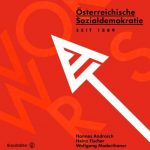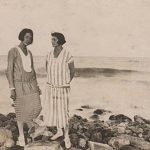Catholic University of Eichstätt-Ingolstadt, Kerstin Schmidt and Robert Schmidt (Web)
Time: 09.-12.06.2021
Venue: Catholic University of Eichstätt-Ingolstadt
Proposals by: 15.11.2020
- Keynote lectures by, e.g., Robin Celikates (Berlin), Bonnie H. Honig (Brown Univ.), Oliver Marchart (Vienna), Robin Wagner-Pacifici (NYC), and an activist-artistic presentation by Zentrum für Politische Schönheit (Web)
Debates about the conceptualization of the public sphere, the negotiation of public space and the participation in civic culture are becoming increasingly vigorous, as the struggles of migration, rampant racism and right-wing populist mobilizations as well as the recent protests against the corona virus containment measures amply demonstrate. These conflicts are intensified by mutually reinforcing effects between offline and online worlds, between urban and virtual sites, between corporally co-present gatherings in streets and town squares and the densification of digital communication in the (monological) echo chambers of social media. Especially in their digital versions, these conflicts are dynamized, accelerated and have accrued a pungent urgency and immediacy. Polarizing and affective charges are created which often have surprising mobilizing effects. In these developments, the contours of a new modus operandi of the public sphere emerge. Characterized by agonal dispute and explosiveness, this modus operandi is being used, advanced, and developed not least by new forms of political activism, online/offline assembly, performance art and interventionist art projects.
The conference of the newly founded Center for Advanced Study “Dialogical Cultures“ is dedicated to an exploration of this current ‘structural transformation’, or paradigm shift of thinking and practicing the public sphere. It investigates the changed placing of public disputes and places newly created analog/digital battlefields of the political in the center of cultural-analytical attention. We are interested in new forms of dispute and dialogical agonality, presuming that these have increasingly replaced the Habermasian notion of salon reasoning. Arguably, contemporary forms of negotiating the public sphere seem to be tinged in difference and dissent, conflictuality, confrontation, oppositional practices, antagonism, and at times radical negativity. To what extent do the developments outlined require a revision and readjustment of concepts of the dialogical and their normative implications? Based on this central question, the conference aims to bring into conversation various attempts to readjust the public sphere as well as activist projects and artistic intervention strategies. Continue reading

